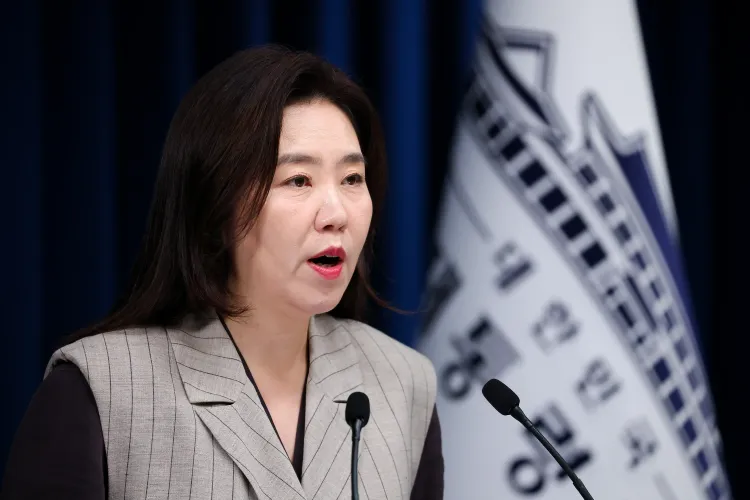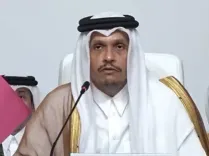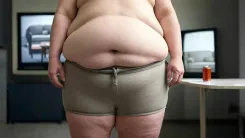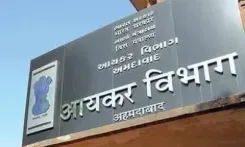Should Supreme Court Chief Justice Cho Hee-dae Resign?

Synopsis
Key Takeaways
- The presidential office acknowledges public demand for Chief Justice Cho Hee-dae to consider resignation.
- Allegations involve delays in trials linked to former President Yoon Suk Yeol's martial law.
- The Democratic Party proposes significant reforms to the judiciary.
- Public trust and judicial independence are central themes in the ongoing discourse.
- The timeline for reform is pressing, with a deadline before the Chuseok holiday.
Seoul, Sep 15 (NationPress) The presidential office announced on Monday that it agrees "in principle" with the notion that Supreme Court Chief Justice Cho Hee-dae ought to consider the calls for his resignation.
This statement follows a Facebook post by Rep. Choo Mi-ae, chair of the National Assembly's Legislation and Judiciary Committee, who demanded Cho's resignation, alleging that he has been "shielding" individuals involved in former President Yoon Suk Yeol's martial law implementation by postponing their trials.
During a press briefing, presidential spokesperson Kang Yu-jung noted, "We agree in principle that if there is public demand and it reflects the needs of the times, it is necessary as an 'appointed authority' to reflect on the plausibility and reasons for such demands."
Kang emphasized the importance of respecting the National Assembly as the "foremost elected body representing the spirit of the Constitution and the will of the people," subtly indicating that the judiciary, as an appointed entity, should take Choo's remarks into account.
Additionally, Kang addressed the judiciary's recent caution regarding the ruling Democratic Party (DP)'s proposed judiciary reform bills, as reported by Yonhap news agency.
"An authority appointed by indirect appointing power should fully observe the legislature's discussions ... rather than doubting the legislature's ability to exercise self-correction and hold internal deliberations," she stated.
Previously, Cho had highlighted the significance of upholding judicial independence, pledging to pursue what he referred to as the "right path" for judicial reform.
In a separate context, DP leader Jung Chung-rae also echoed calls for Cho's resignation during the party's supreme council meeting earlier that day.
The judicial reform proposals by the DP aim to increase the number of Supreme Court justices from the current 14 to 30, revamp the selection process for Supreme Court justices, modify the evaluation method for judges, enhance public access to lower-court rulings, and introduce a pre-examination system for search and seizure warrants.
The party intends to finalize the bills before the extended Chuseok holiday commencing on October 3.









